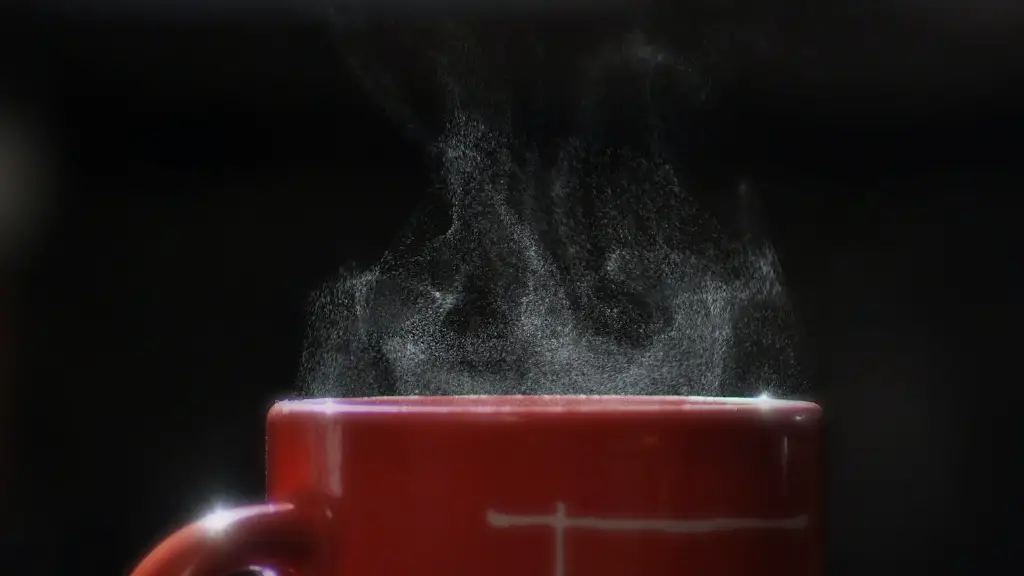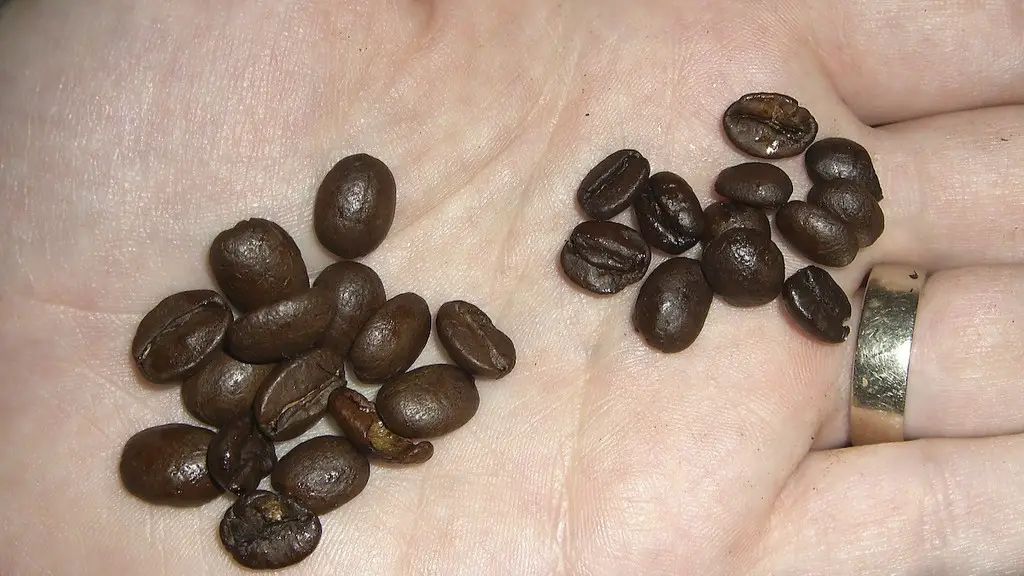Tooth extraction is a common dental procedure that can be painful, but the right preparation will make sure the recovery goes as smoothly and quickly as possible. Among the most common questions people ask their dentists before the tooth extraction is whether they can drink coffee 24 hours after the procedure. There is no concrete answer, as the ability to drink coffee 24 hours after a tooth extraction depends on various factors.
First and foremost, it is important to bear in mind that the healing time for a tooth extraction procedure is different from person to person. It all depends on the complexity of the procedure and your own individual healthcare needs. In general, the average healing time for a tooth extraction procedure is 7 to 10 days. In some cases, however, it can be as long as 3 weeks or as short as 4 days.
As such, it is highly advisable to consult your dentist and get individualised advice on when it is safe to start drinking coffee again. One of the main reasons why dentists recommend not to drinking coffee after a tooth extraction is that it can lead to infection. Coffee is acidic and can interfere with the healing process of a tooth extraction, as well as cause irritation in the soft tissues around the extraction site.
Furthermore, the combination of caffeine and any pain relief medications that may have been prescribed after the procedure can have serious side effects. Caffeine is a stimulant, so it can increase heart rate and raise blood pressure. This can worsen post-procedure symptoms such as pain, swelling, and bleeding. As such, it is highly recommended to avoid drinking coffee for at least the first 24 hours after a tooth extraction procedure.
In any case, it is essential to stay hydrated after a tooth extraction. Drink plenty of fluids, such as water, juice and herbal teas. These help to cleanse the area, promote healing and combat inflammation. In addition, they provide essential nutrients and minerals that are crucial for the healing process. Staying hydrated is especially important if you are taking pain relief medications as they can lead to dehydration.
Dental Care Before and After Tooth Extraction
In order to minimize the risk of any adverse effects associated with a tooth extraction, it is important to follow your dentist’s post-procedure instructions regarding diet. These usually include avoiding hot and cold beverages, hard and crunchy foods, and anything that may irritate the area. In addition, it is essential to keep the area clean, as bacteria can cause infection. Speak to your dentist about the oral hygiene products that are safe to use after the procedure, such as mouthwash and toothpaste. These can help to reduce pain, speed up the healing process, and prevent any complications.
It is also essential to inform your dentist about any ongoing medical issues you may have and any medications that you are taking. This is for two reasons: first, your underlying medical condition may have an impact on the healing process, and second, some medications can have an effect on the success of the procedure. For this reason, it is important to discuss your medical history with your dentist before the procedure.
Finally, some dentists may recommend supplementing with high doses of vitamin C and zinc after a tooth extraction procedure. Both vitamins can help to boost the immune system, reduce inflammation and speed up the healing process. However, consult with your dentist before taking any supplements, as they may interfere with existing medications or conditions.
Home Remedies After a Tooth Extraction
In addition to following your dentist’s post-procedure instructions, there are some home remedies that can reduce the pain, swelling and discomfort associated with a tooth extraction. These include: applying a cold pack to the face; taking ibuprofen or aspirin; gargling with salt water; and using numbing gels and mouthwashes. Although these can be effective in reducing pain and discomfort, it is important to bear in mind that they are symptomatic treatments and do not replace any medications to improve oral health.
Finally, it is important to note that a tooth extraction does not always need to be a painful and uncomfortable experience. With the right preparation and care, the procedure can be relatively easy and the recovery time can be shortened. So, if you are planning to get a tooth extraction, make sure to prepare in advance and take any measures necessary to reduce the risk of negative side effects and complications.
Are Coffee Stains Bad for Teeth?
Coffee drinking is often seen as an unhealthy habit. This is due to its high levels of caffeine and sugars, both of which are known to be detrimental to our oral health. But what about the staining effects of coffee? Is it possible to enjoy coffee without compromising the health and appearance of our teeth?
Coffee stains are caused by the compounds found in the beverage, namely tannins and melanoids. The former are natural compounds that are found in plants, while the latter are a type of pigment found in many foods and beverages. Together they can cause discoloration and staining of the teeth.
Thankfully, however, coffee stains can be removed. Professional teeth whitening treatments such as bleaching and laser whitening can be used to remove coffee stains. There are also other at-home solutions, such as baking soda, hydrogen peroxide and lemon juice that can be used to whiten the teeth.
In any case, it is important to bear in mind that preventing coffee stains is easier than removing them. This can be done by avoiding dark-coloured drinks, such as coffee, tea, cola and red wine, and using a straw when drinking these beverages. It is also recommended to brush your teeth soon after consuming coffee or any other stain-causing drink.
Effects of Caffeine on Oral Health
Caffeine is one of the main compounds found in coffee, and its effects on oral health have been studied extensively. A common myth is that caffeine causes dehydration and can cause teeth to become brittle. However, this is not the case. While excessive amounts of caffeine can lead to dehydration, studies have shown that moderate consumption of caffeine does not have any negative effects on oral health.
In addition, moderate consumption of caffeinated drinks such as coffee can have some beneficial effects on teeth. Studies have found that coffee can reduce the risk of cavities, protect teeth against enamel erosion, and reduce bad breath and gum disease. This is likely due to the presence of polyphenols, which have been shown to have antiseptic, anti-bacterial and anti-inflammatory properties.
However, it is important to bear in mind that caffeine can be disruptive for sleep and cause irritability and restlessness. As such, it is important to limit the amount of caffeinated drinks you consume and be aware of the side effects of caffeine.
Can Caffeine Help Reduce Pain and Swelling After a Tooth Extraction?
Although caffeine can have positive and negative effects on oral health, it is important to note that it will not help with the pain and discomfort associated with a tooth extraction. Caffeine is a stimulant, so it will not help to reduce pain and swelling, and can even worsen post-procedure symptoms. Therefore, it is not advised to consume caffeine after a tooth extraction.
Furthermore, the combination of pain relief medications and caffeine can cause serious side effects. Pain relief medications work by slowing down the nervous system, so the stimulant effects of caffeine will counteract the effects of these medications, leading to higher levels of pain, swelling, and bleeding. Therefore, it is best to avoid drinking coffee and other caffeinated drinks for at least 24 hours after a tooth extraction.
In any case, it is important to follow your dentist’s instructions regarding post-procedure care. This will help to reduce the risk of any negative side effects and ensure the success of the procedure.





